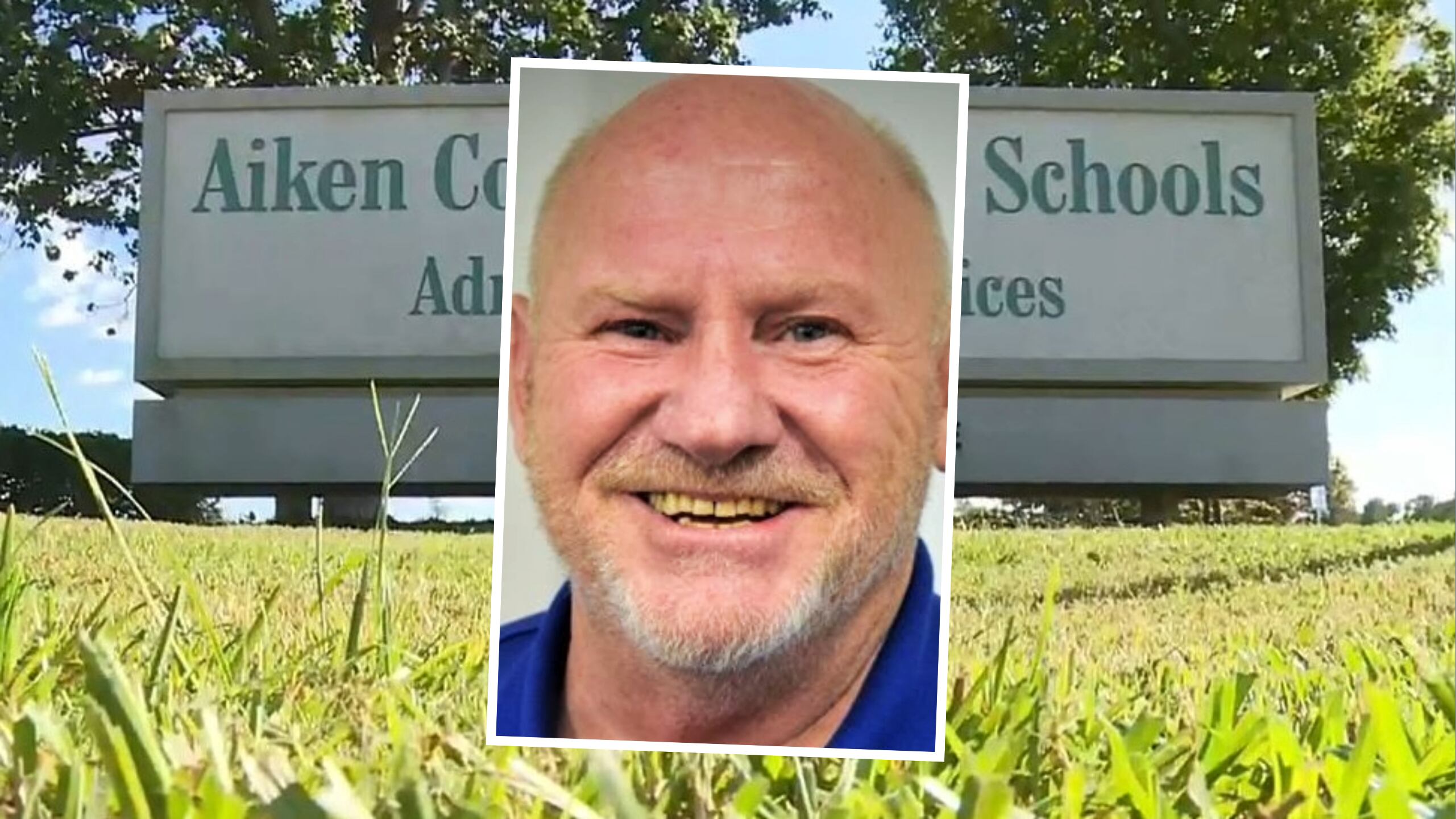Teachers ask for more clarification about new S.C. book rule
COLUMBIA, S.C. (WRDW/WAGT) - Starting this school year, a new rule is in place across South Carolina that regulates which books are allowed in public schools.
Some teachers believe the rule is being interpreted in some districts in ways that put an unnecessary amount of work on their plates.
This new regulation, which went into effect in June, requires school books and learning materials to be age- and developmentally appropriate, specifically concerning those depicting sexual conduct, and it outlines a process for someone to challenge them all the way up to the State Board of Education.
South Carolina students’ test scores show some improvement
Test scores show South Carolina students are significantly behind where the state wants them to be in reading, writing and math.
![[INSERT CAPTION HERE]](https://gray-wrdw-prod.gtv-cdn.com/resizer/v2/M7NPEMMGYFDNLDL4I7XKK5QEJM.jpg?auth=e75744a641f0364aa914f2cbae35c9f8cc31437c4d0c4ed8d198875a17803ce5&width=700&height=400&smart=true)
But teachers claim some districts’ implementation goes unreasonably beyond what is now required.
“This is going too far,” Patrick Kelly with the Palmetto State Teachers Association said.
Kelly, a high-school government teacher in Richland County, recently brought a request to the State Board of Education, asking it or the Department of Education to send further clarification to districts on what is and is not required under the new, statewide regulation.
Among its provisions, the rule mandates districts maintain a list of all books and materials in their libraries and media centers.
Beyond that, it says districts need to provide a list of instructional materials in classes upon reasonable request from a parent or guardian.
Aiken County Board of Education member resigns
Aiken County Board of Education member Dwight Smith has resigned, officials announced at Tuesday’s meeting.

But some districts are now implementing policies past that scope — for example, requiring teachers post all instructional material they could use for the year, including PowerPoints and video clips, within the first few weeks of classes, or mandating teachers receive istrative approval before teaching any supplemental materials.
“As an AP U.S. Government teacher, under that reading of the regulation, I would need to get my principal’s OK before I used an excerpt from ‘The Federalist Papers’ or from a recently released opinion of the US Supreme Court,” Kelly said. “That is, frankly, a waste of my time as a teacher.”
Lexington-Richland School District Five, where the supplemental materials policy is in effect, claimed at a recent school board meeting that it was compelled to enforce it because of the new statewide regulation.
What S.C. school cellphone ban be like in many districts
Cellphones will soon be banned, in some capacity, in classrooms across South Carolina. But the details of what it could look like are now being worked out by education leaders.

“Teachers, over the years, collect a lot of supplemental — I mean, if you’ve been teaching for 25 years, you’ve got file drawers full. They have to get all that approved?” board member Mike Satterfield asked during the Aug. 5 meeting.
“According to the law, yes, they do,” Tina McCaskill, the district’s Chief of Academics, responded.
According to a memo the South Carolina Department of Education sent to districts in late June, “no district or school board is required to review existing instructional materials preemptively,” though it added districts can do this if they choose.
“It certainly doesn’t say you need to have an istrative preapproval process,” Kelly said. “Let’s trust teachers. Let’s let them exercise their professional judgment.”
A local school board also has the authority to adopt a local policy that goes beyond what is required in the regulation.
But Kelly argues some of these steps districts are taking and attributing to the regulation are not what the rule requires.
As far as whether the State Board or the Department of Education will take additional action or issue further clarification, a spokesperson for the department said they have and will continue to offer technical assistance to districts and are available to them for any questions about this requirement.
Copyright 2024 WRDW/WAGT. All rights reserved.














